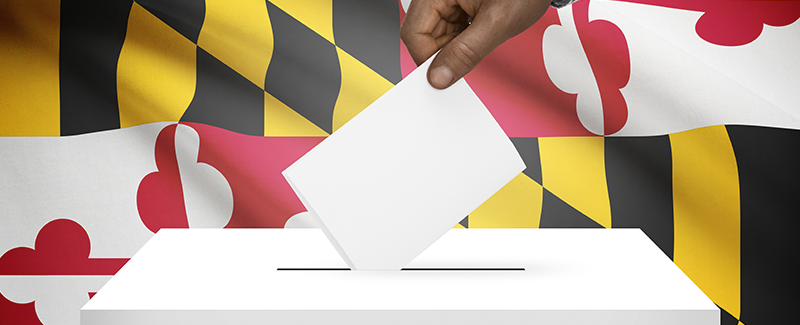If you’ve ever applied for a job, you know there’s a lot of paperwork involved. Companies will ask you an array of questions, like “Why do you want to work for us?” and “How do you handle constructive criticism?” And then they’ll dig deeper into your personal life, inquiring about your employment history, your education levels, and unfortunately, whether or not you have a criminal record.
Ban the Box is a campaign that has gained major traction in recent years. The movement is aimed at removing that pesky little checkbox asking if you have a criminal record. The idea is that this box makes it far more difficult for ex-offenders to find a job. The campaign encourages employers to consider a person’s qualifications first to determine if they’re a good fit for a position. It simply wants Americans to be able to freely apply for work without carrying around the stigma of a criminal history.
But Ban the Box does more than just protecting your privacy—it aims to improve society by actually reducing the rate at which Americans re-offend. When people with arrests or convictions are denied a job based on their past, they’re more likely to be stuck in the cycle of poverty. This increases the chances of falling back into criminal misconduct as a way to get by, something that wouldn’t happen if they were allowed the opportunity to make an honest living.
Ban the Box invites individuals to pledge “to always welcome formerly incarcerated people into my community” and “to support changes in policies that discriminate against the formerly incarcerated.” It invites employers to pledge “to hire and support the formerly incarcerated,” “to support the elimination of any restrictions on participation that may exclude the formerly incarcerated,” and “to encourage others to also institute fair hiring practices.” 35 states have adopted Ban the Box or Fair Chance policies in certain counties; this is a major stride for civil rights and gives people with past convictions in those areas a real chance to succeed.
Of course, Ban the Box doesn’t remove your criminal record or make it invisible to background checks. Living with a conviction doesn’t just hurt your job prospects—it can affect many other areas of life and make it hard to live freely. If you think there’s something on your record that is eligible for an expungement, get in touch with Easy Expunctions at 888-524-0280, or sign up for a free background report to get started at EasyExpunctions.com.




